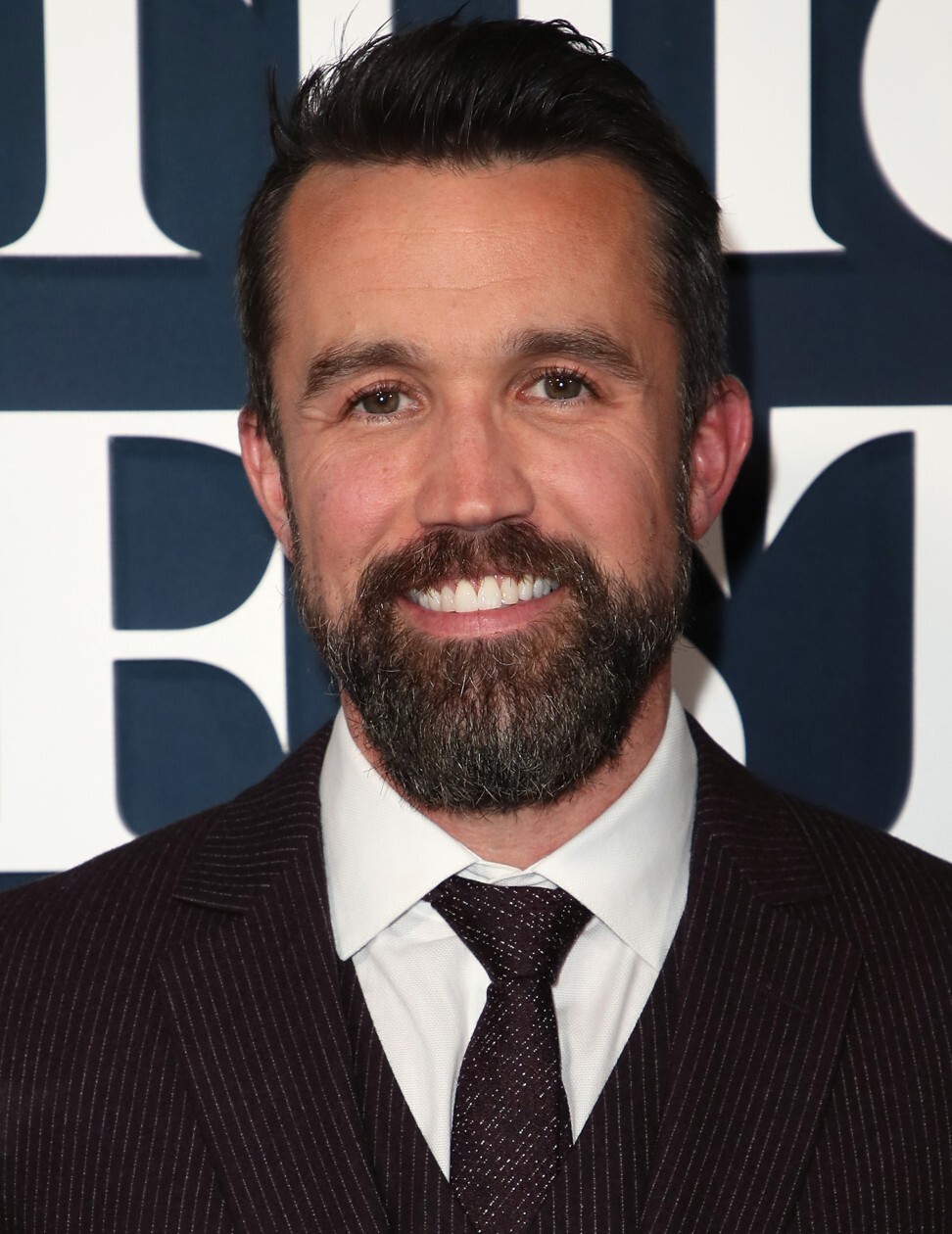
Video game industry the butt of jokes in Apple TV+ comedy Mythic Quest: Raven’s Banquet
- Streaming show’s creators examine the gaming culture’s inferiority complex and its desperate need to be taken seriously
- Star Rob McElhenney wants the series to ‘skewer the misogyny’ of gaming
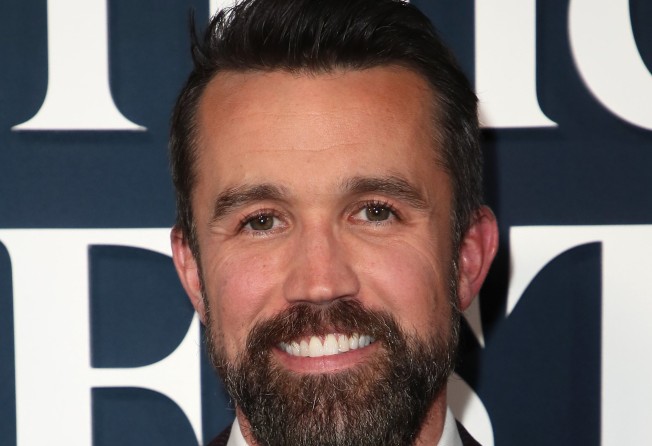
The opening moments of Mythic Quest: Raven’s Banquet, now streaming on Apple TV+, put the spotlight on the video game industry’s inferiority complex.
A trailer for the show’s fictional game launches the series, boasting about the medium’s importance as much as it does the product it aims to sell. Global gaming revenue, the hyperbolic game teaser argues, towers over other forms of pop art.
Then the clip zeroes in on Ian Grimm, the game developer portrayed by show producer and actor Rob McElhenney. Here, the voice-over echoes a long-standing insecurity of the gaming industry, which has not always been taken as seriously as its cinematic peers.
Mythic Quest draws its humour from the tension between the grand artistic ambitions and pomposity of video game studios on one hand – Assassin’s Creed developer Ubisoft, a producer on the show, describes itself as “a creator of worlds” – and the adolescent streak present in both games and their communities on the other.

The series, from the minds behind It’s Always Sunny in Philadelphia, isn’t shy about mining comedy from the problems that plague the video game industry. For one, the business is largely comprised of men. For another, the long hours, among other issues, have fuelled talks of unionisation. Both topics figure heavily in the second half of Mythic Quest’s first season.
But the satire isn’t reserved for those who create the games. It’s also aimed at those who play them. For instance, when the fictional developers in the show await a critic’s verdict on an expansion to their game, Mythic Quest: Raven’s Banquet, it’s not a famed elitist they turn to. It’s a 14-year-old kid with a prominent YouTube channel.
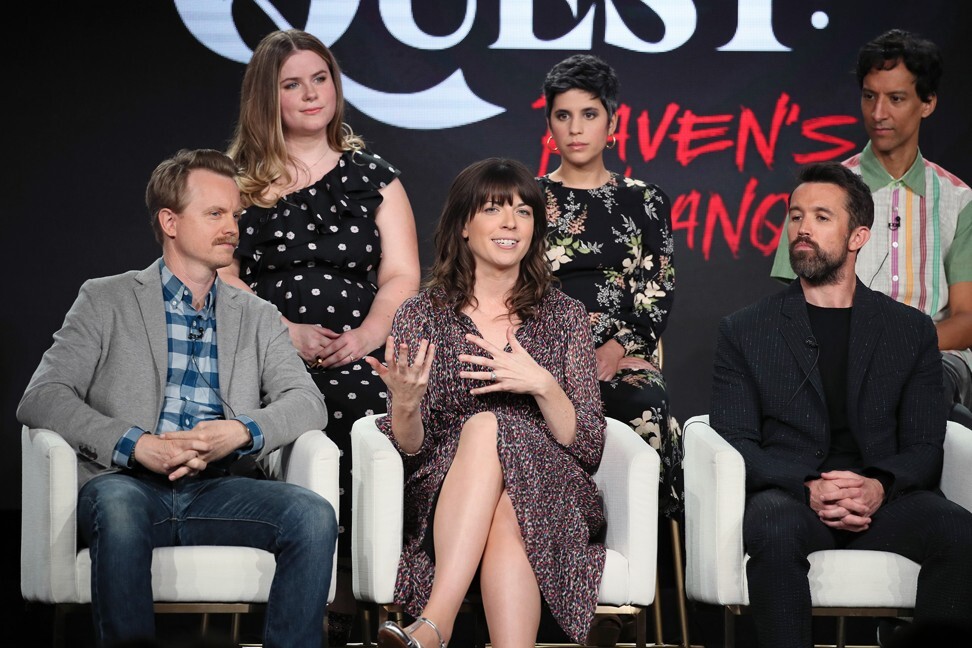
Those with any knowledge of game design – or even a cursory understanding of how a human resources department functions – will find that much is exaggerated for comedic effect in the series.
Mythic Quest, which has already been approved for a second season, is a workplace comedy first, and a peek behind the video game curtain a distant second. Yet when the show finds its groove, it does so by zeroing in on subject matter that is very much a part of the video game conversation.
When a Mythic Quest executive played by David Hornsby asks one of the company’s two female coders to describe being a woman in tech, Aparna Nancherla’s character Michelle responds, “Which part did you want me to talk about? The part where you have to work twice as hard to make less money or the part where you can’t get ahead because it’s a bro monoculture?”
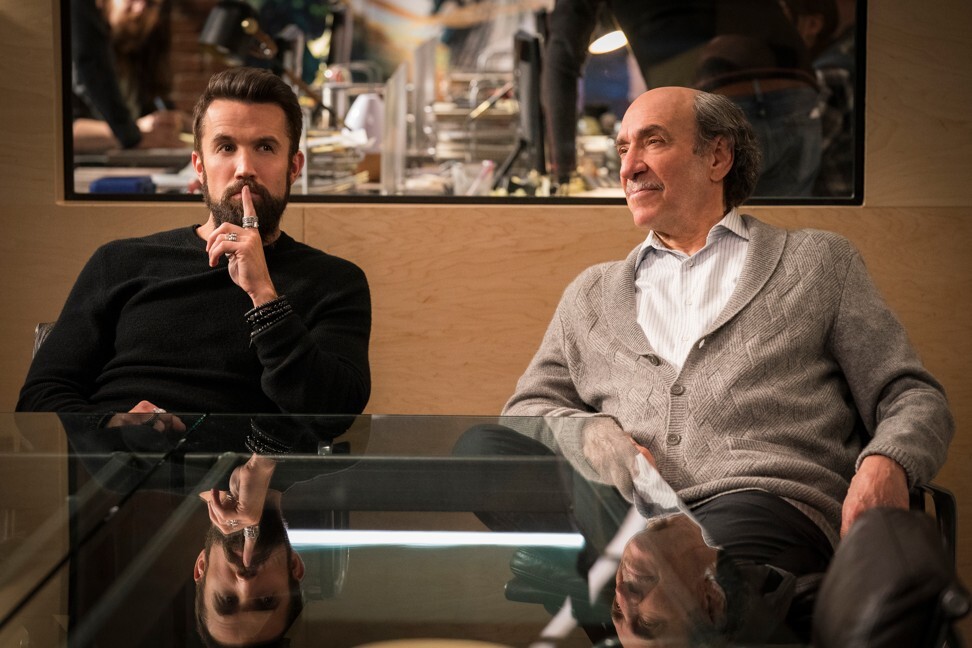
A look of dread and panic shoots across Hornsby’s face as he aims to steer the conversation back to something more inspirational, to which Michelle fires back, “Maybe you want to talk about what it’s like to be a female in a male-dominated field?”
While the moment rings true – a recent developer survey found that the game industry was 75 per cent male – Ganz says they wanted to find humour in the stress that comes from a culture going through a transitional phase.
Comedy can come from awkwardness, she explains, but “we are not making it seem like we’re saying that it’s really funny that women have been kept out of those industries”. As McElhenney adds, “the intention is to skewer the misogyny and the misogynist”.
If McElhenney, Ganz and fellow co-creator Charlie Day succeed, it’s because they embrace topical issues – everything that is beautiful, messy and ugly about the game universe – even as their goal is laughs rather than deep social commentary.
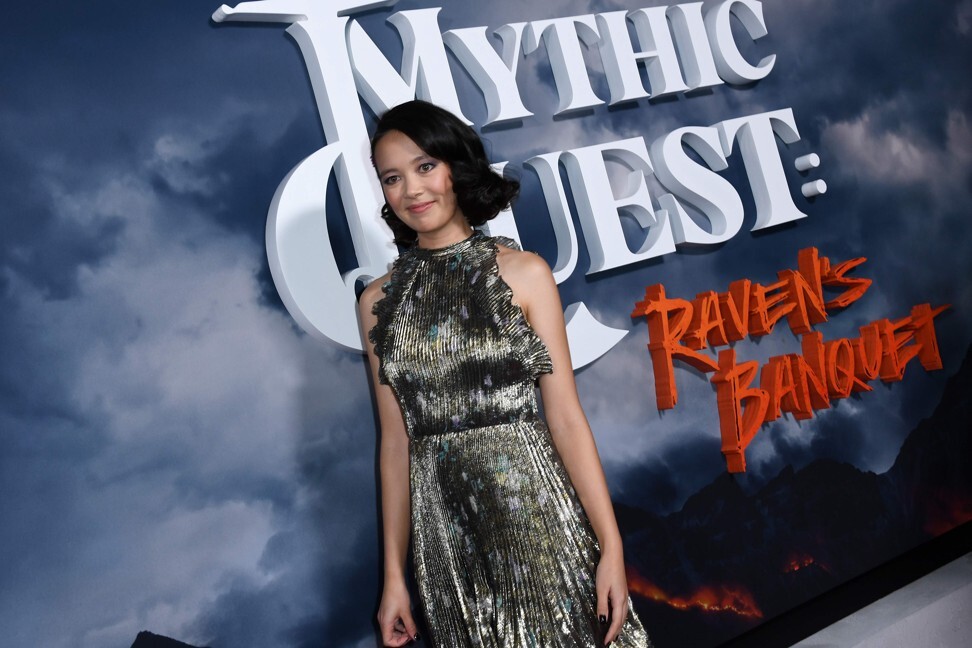
“You could pander on either side of the spectrum,” McElhenney says. While he had zero interest in creating a show that was a “love letter to the industry”, he also wasn’t interested in showing gamers as odd recluses who can communicate online but not in real life.
Still, toxic men abound in Mythic Quest, which dials in on the love-hate relationship many have with a medium that balances its risk-taking attributes with its more upsetting misfit ones. At one point, the brains behind the operation, Charlotte Nicdao’s Poppy, draws prison bars on office windows as she tells McElhenney’s narcissistic boss, “I’ve worked with you for too long, and now I’m too crazy to work anywhere else”.
McElhenney mocks the rose-tinted view of gaming that Mythic Quest aims to avoid: “Isn’t it wonderful that people play games! We have no issues! There’s no labour issues, no toxicity, no threats against people’s lives and there’s no white supremacy! That would be bullshit. The flip side of that is the way it’s been painted, as marginalised, is also untrue.”
To respect the medium is to respect its charms and its faults, and in turn, Mythic Quest addresses subjects game studios themselves often shy away from discussing publicly.
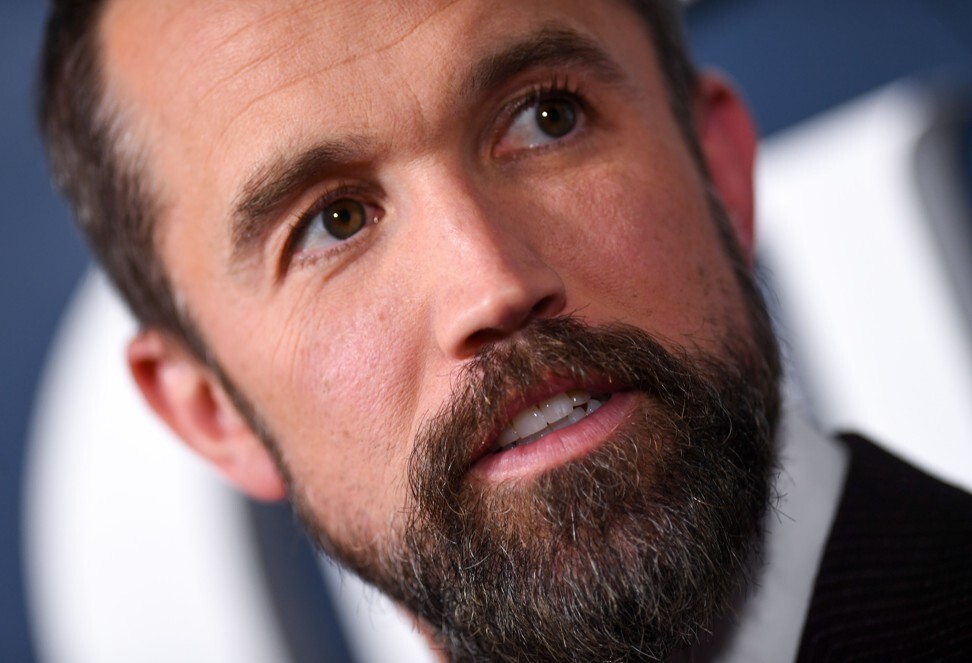
“It’s really important to tell stories that are meaningful, even when it may feel like we’re putting ourselves in the cross hairs,” says Danielle Kreinik, Ubisoft’s director of television development.
“We appreciate our employees and fans, and telling stories about the rise of streamers or the lack of women in gaming are very real stories. We want to make sure to shine a light on those issues, and the easiest way for those issues to go down is comedy.”
Adds Jason Altman, Ubisoft’s senior VP of film and television, “We had to be open and say nothing is out of bounds. We can talk about any issue that’s affecting the industry.”